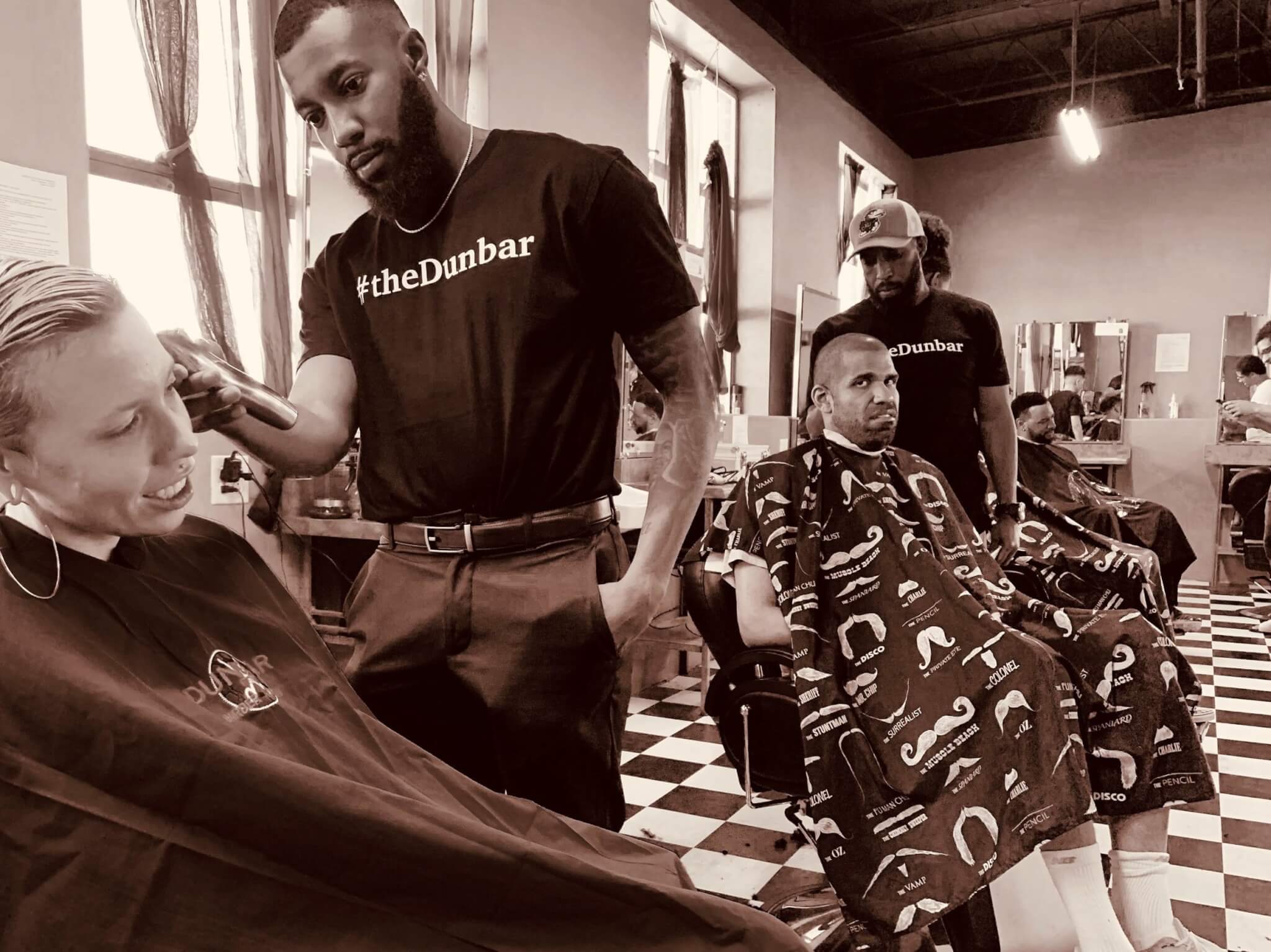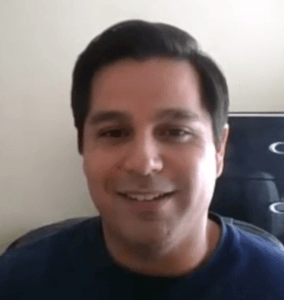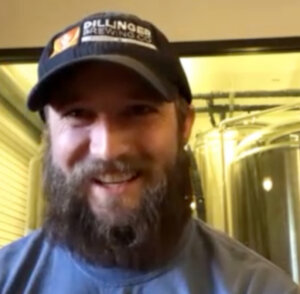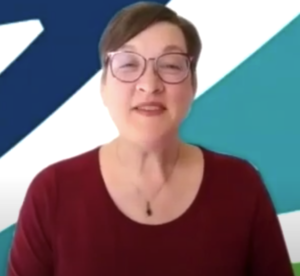2020 brought the world unprecedented challenges. Among them – losing our communities as we remained home isolated from friends, family and neighbors. As we resume activities, The Dunbar Pavilion, a local Tucson nonprofit, is playing an integral part in rebuilding community – something they have done since launching in 2008. Dunbar’s history goes back to 1918 as a historically segregated school in Tucson, which is now transforming the negative effects of racism and bigotry into opportunities to build community. With its rich history, The Dunbar seeks to empower the African-American community through arts and education.
Growth Partners Arizona (GPAz) recently provided The Dunbar with a nonprofit loan to help them continue to realize their vision of being “recognized as a beacon for social and cultural enlightenment, education, preserving and celebrating the rich history and culture of people of African descent while stimulating community collaboration that captures and continues our legacy.”
We recently met with Debi, the previous executive director, and Sam, the current chair of the board of directors, to discuss how Growth Partners Arizona has been able to assist in preserving the history of the pavilion:

Tell us about The Dunbar Pavilion.
The Dunbar Pavilion serves as a starting point for black entrepreneurs, creatives, and community leaders. It started with arts & culture and then progressed to a local barber wanting to open up a school. This led to the space becoming the spot where barbers would get experience and education. One side of the building has grown to house small businesses, from streetwear and the arts to a restaurant called War Fuel Kitchen, which used to be part of the student cafeteria. The Pavilion also houses space for community galas, weddings, quinceañeras, and other special events.
How did the COVID-19 pandemic impact The Dunbar Pavilion?
Right before the pandemic, we were discussing the need for a rehab on the auditorium space. Of course, this process had to be put on pause. Over the course of the year, building materials became more expensive, which created a gap in the funding needed to be able to complete this project. Additionally, our community in particular was greatly impacted by the pandemic. We were eager to get back to work serving and bringing together our community once again.
How did you hear about GPAz? Can you tell us how the funding process worked for you?
Debi: I sat on the Growth Partners Arizona Board back when it was named Nonprofit Loan Fund. Helaine Levy of the Diamond Foundation and the Community Foundation for Southern Arizona created an understanding of needs of small nonprofits that weren’t necessarily bankable in the ways that funders/lenders wanted to see. Lesli (executive director of GPAz) and I stayed in communication after my time on the board, and utilizing Helaine’s work as a resource, we understood that there was going to be a need for small nonprofits like ours in the community to gain access to capital. I called Lesli and we talked more in depth of what the needs were and that is how we started this process of filling in the funding gap.
As we personally began working with GPAz for a loan, the funding process shined a light on the important documentation needed for our organization. Lesli & her team walked us through every single step of the process. They met with our leadership team to help us wrap our head around debt and increase the trust factor between lender and borrower, and it is not something that happens in communities of color very often. They really took the time to create a real relationship and genuine understanding of the organization that they are lending to. It speaks volumes to their mission.
Sam: I had a great experience throughout the process. GPAz does things differently and it shows. Being a nontraditional lender, and taking a nontraditional approach to the process, especially during an unexpected situation like COVID, was crucial in helping us be successful with our loan application. Without Growth Partners Arizona, our auditorium rehab project most likely would have been postponed indefinitely.
How will this funding from Growth Partners Arizona help the organization?
It will help maintain a central point for the African-American community to be able to gather, learn and thrive. This has been our mission throughout our history, and we are seeing challenges keeping in close proximity due to gentrification. The funding will also help in the restoration and expansion of our auditorium space which will then allow the capacity to welcome more individuals, and undertake additional endeavors.
Are there any other ways that people can support your organization?
Absolutely! Any support is appreciated. There are 3 main ways you can support The Dunbar Pavilion:
1. Think, act and buy local. By doing so, you are helping support the local businesses in the community and its local economy.
2. Make a charitable contribution. The organization welcomes and appreciates donations of any size. We ensure that your contributions are maximized and are invested into our services and helping our community.
3. Volunteer your time! We have multiple committees such as the finance, development and archives committees. Your time is a valuable asset and we love new perspectives, insight and guidance.
Lesli Pintor, Executive Director of GPAz, shares that “GPAz is excited to be partnering with The Dunbar Pavilion to refurbish the auditorium so the community will have an updated and modern place to meet and engage with each other. This place is an important part of Tucson’s history and we’re proud to be a part of that history.”
The Dunbar Pavilion serves to bring community together, while reminding us of the important history serving as the foundation for the impact they make. If you are a nonprofit or small business in Arizona, contact the Growth Partners Arizona team to learn more about our loan products, and how they can help your organization. The Dunbar Pavilion is an example of what is possible with persistence, leadership and a little help from the community.




